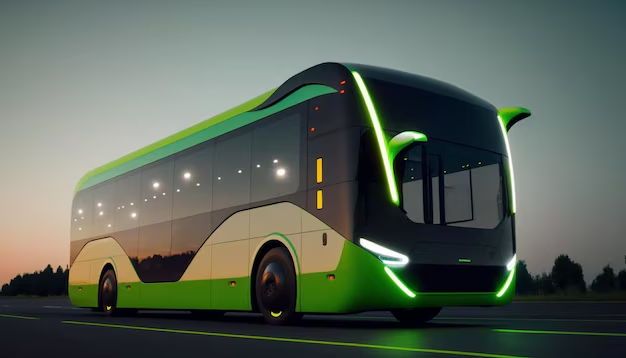As air pollution and its detrimental health effects continue to haunt urban India, there is a growing push to transition Mangaluru’s public transport system to electric vehicles (EVs). The city’s urban environmental NGO, APD Foundation, has formally appealed to the state’s Minister for Forest, Ecology, and Environment, Eshwar Khandre, urging the government to make the shift to EV-only buses mandatory for public transport operators.
In a letter to the minister, the founder of APD Foundation, emphasised the urgency of the shift, noting that Mangaluru’s public transport sector is well-organised, involving both government and private operators. This, he argued, would make it an ideal candidate for a phased transition to electric buses. The proposed move aims not only to improve air quality by reducing harmful emissions but also to lower noise pollution, as electric buses are notably quieter than their diesel counterparts. Rehman also highlighted the need for strategic collaborations, including financial incentives for bus operators and partnerships with EV manufacturers, to help ease the financial burden of such a transition. Despite the apparent benefits, the shift to EV buses is not without its challenges. A key member of the Dakshina Kannada City Bus Association, pointed out that the introduction of electric buses could take another 12 to 24 months, mainly due to the lack of charging infrastructure and the significantly higher cost of EV buses. While a diesel bus costs between Rs 30-40 lakh, an electric bus can cost up to Rs 1 crore, creating a considerable financial barrier for both government and private operators. Additionally, Alva stressed the environmental impact of EVs, questioning the assumption that they are entirely eco-friendly. “What about the disposal of the batteries?” he asked, adding a layer of complexity to the debate.
This debate highlights the broader issue of sustainability. While electric vehicles undoubtedly offer a cleaner alternative to conventional diesel-powered buses, they come with their own set of environmental challenges, including the disposal and recycling of batteries, which are not always as green as they may seem. Furthermore, the shift to electric buses will require substantial investment in infrastructure, such as charging stations, as well as long-term planning to ensure that the city’s power grid can accommodate the increased demand for electricity. From a human perspective, the shift to EV buses could significantly improve the quality of life for Mangaluru’s residents. Reduced air pollution will lead to better respiratory health, particularly for vulnerable groups such as children, the elderly, and those with pre-existing health conditions. Furthermore, quieter buses will lead to a more peaceful urban environment. On a larger scale, this transition could make Mangaluru a model for other Indian cities grappling with the same pollution challenges, showing that sustainable urban planning is not only possible but necessary.


